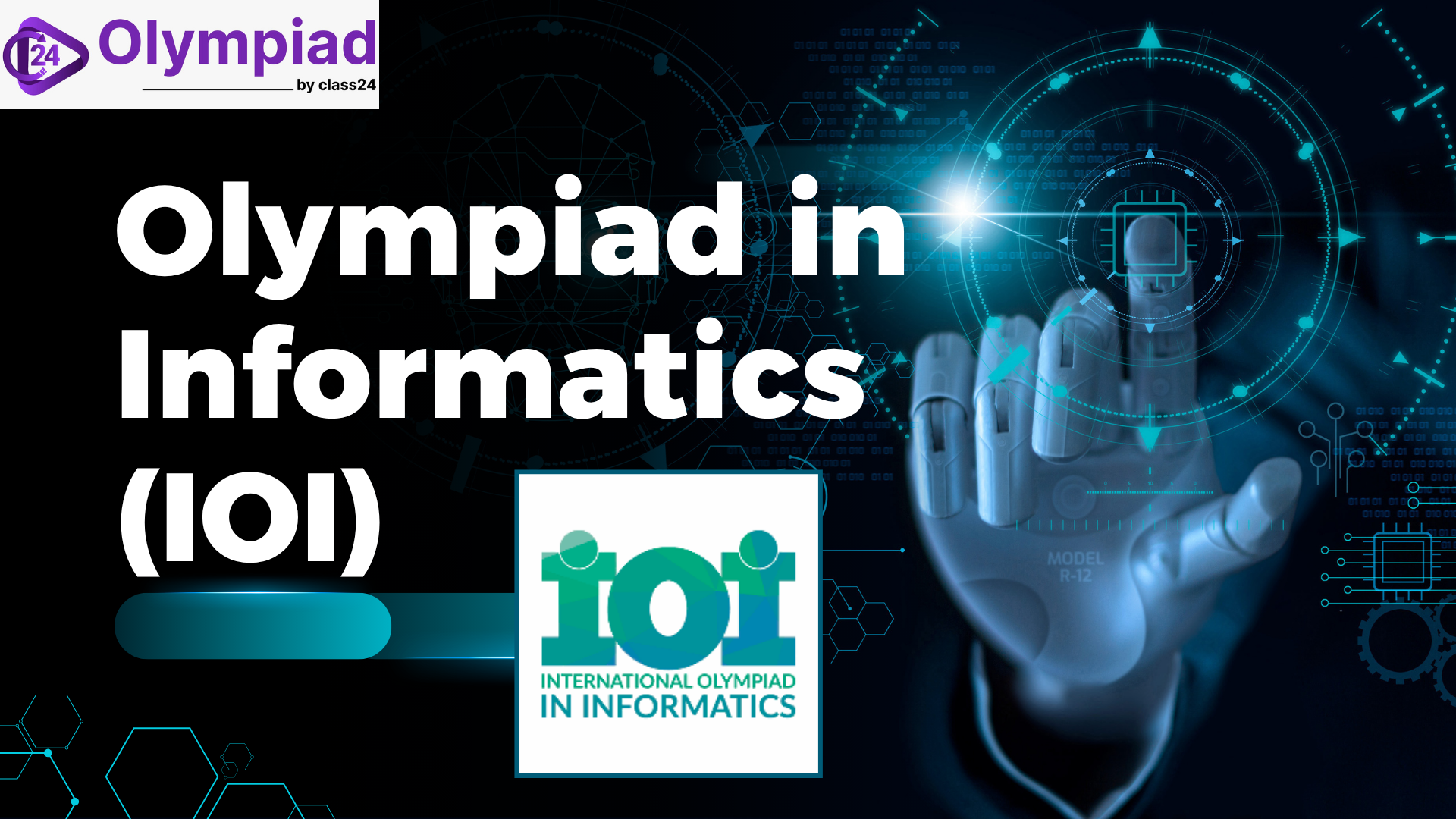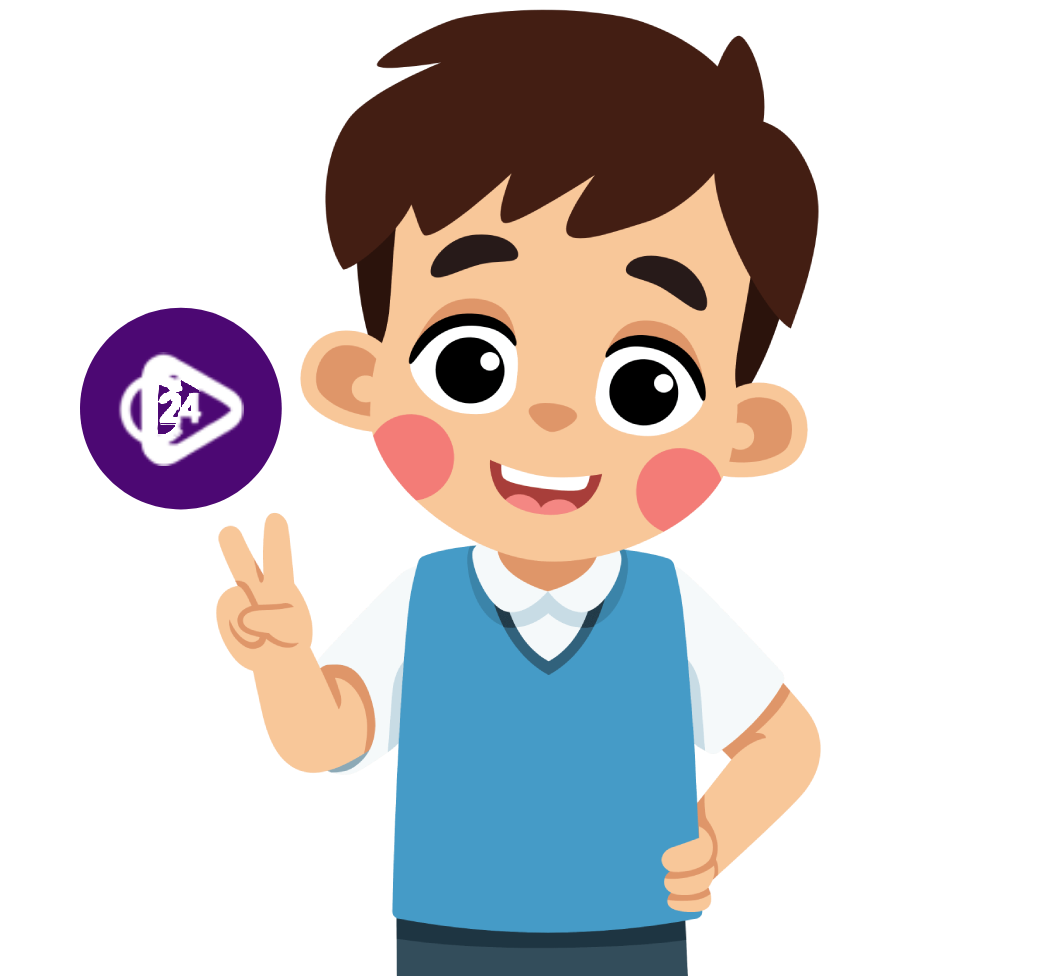
The IOI offers an opportunity for competitors to collaborate on projects, share cultural experiences, and improve their abilities in data structures, programming, and logical thinking. Experiencing hands-on learning and getting scholarships are some of the benefits that students receive from attending such events. The Olympiad helps develop the talent of the next wave of technology experts and inventors, which is why it is ranked among the most important global STEM and coding events.
The IOI, or International Olympiad in Informatics, is a recognized contest for students in secondary school that began in 1989. It aims to encourage young people to learn about informatics and computer science by inviting them to resolve difficult programming problems using the programming languages C++ and Java. On both days of the contest, students must solve questions that require them to apply data structures, think logically and stay efficient while working within a set time limit. Apart from competing, the IOI supports global teamwork and supplies chances for students to advance in academia and join the technology and software sector.
| Feature | Details |
|---|---|
| Name | International Olympiad in Informatics (IOI) |
| Founded | 1989 |
| Participants | Secondary school students (ages 14-20) |
| Countries Participating | Over 90 |
| Competition Format | Two-day individual contest, 3 algorithmic problems per day |
| Programming Languages | C++, Java, others, depending on the country |
| Skills Tested | Algorithm design, data structures, coding efficiency |
| Objectives | Promote informatics education and inspire IT careers |
The Olympiad of Informatics is comprised of events testing students’ programming and algorithm abilities at different skill levels. The International Olympiad in Informatics (IOI) attracts the best secondary school programmers from all over the world. NOIs are held in many countries to help promising students prepare for the International Olympiads in Informatics. Moreover, there are competitions such as the Asia-Pacific Informatics Olympiad (APIO), which allow students to compete in their region. Overall, they focus on educating people and inspiring young learners to excel at STEM.
| Olympiad Type | Description |
|---|---|
| International Olympiad in Informatics (IOI) | Global competition for top secondary school students |
| National Olympiads in Informatics (NOI) | Country-level contests to select IOI representatives |
| Asia-Pacific Informatics Olympiad (APIO) | Regional contest for countries in the Asia-Pacific |
At the beginning, students need to win at their National Olympiad in Informatics to be eligible for the International Olympiad in Informatics. At IOI, competitors solve tough coding challenges all by themselves in C++ and Java over a span of two days. The answers are examined to ensure they are correct and efficient. Top finishers in the Olympiad are rewarded with medals, scholarships and are recognized around the world for their achievement.
The International Olympiad in Informatics and the Informatics Olympiad have a competitive structure lasting over two days. Every day, they are given three difficult problems and they solve each problem independently using programming languages such as C++ and Java. The problems aim to test coding skills and problem-solving abilities and require solving problems quickly. Code solutions are checked instantly for accuracy and efficiency, leading individuals to take an innovative approach. By using this format, outstanding skills in computer science can be promoted across the world.
| Aspect | Details |
|---|---|
| Duration | 2 days |
| Problems per day | 3 algorithmic problems |
| Participant format | Individual competition |
| Programming languages | C++, Java, others depending on country |
| Evaluation criteria | Correctness, time efficiency, and memory optimization |
| Skills tested | Algorithm design, data structures, coding skills |
Participating in the International Olympiad in Informatics (IOI) brings more benefits to students than just winning, such as learning from others. Participating in this occasion sharpens people’s skills in solving issues, encourages international cooperation and offers career growth possibilities. Career skills and new knowledge can help you impress colleges and guide you to multiple career and education opportunities.
To succeed in the Olympiad in Informatics (IOI), students should work on core algorithms, practice questions from previous Olympiads and join online competitions on Codeforces and CodeChef. grasp of time and space complexity helps when finding the best solutions for a programming contest. Personal challenges and studying in a group give a stronger sense of confidence and help you think and decide quickly under stress. Studying by yourself, working on practical projects and collaborating with other people help you succeed in the Olympiad.
| Strategy | Description |
|---|---|
| Practice Past Olympiad Problems | Familiarize with problem types and difficulty levels |
| Master Core Algorithms | Focus on dynamic programming, graphs, sorting, greedy |
| Online Competitive Platforms | Participate in contests on Codeforces, CodeChef, etc. |
| Understand Complexity | Optimize code for time and space efficiency |
| Mock Contests | Simulate exam conditions to improve speed and accuracy |
| Study Groups | Collaborative learning and peer support |
If you want to participate in the Olympiad in Informatics, you should first learn the essentials of programming and key algorithms, and data structures. Pick a programming language such as C++ or Java and work on competitions over the Internet every day. Participating in contests at the local level and solving old Olympiad tests will help you strengthen your abilities. Preparing for this kind of exam can also be advanced by joining groups for learning or seeking coaching.
The Olympiad in Informatics gives young learners worldwide the chance to develop skills in using algorithms, computer programming and computer studies. Being part of this event enhances one’s technology and software skills and provides access to scholarships, more fame around the world and high-paying jobs. If they are well-prepared and practice regularly for Olympiads, students can depend on them for guidance in their education and careers.
The International Olympiad in Informatics (IOI) is an important event organized for high school students from around the world. The Olympiad was formed in 1989 with the purpose of helping students improve their problem-solving, coding and computer science skills with C++ and Java. Every year, students from more than 90 countries compete individually by trying to solve difficult informatics questions within a time limit. As a result, this event encourages young people to get involved in information technology, software development and other technology areas.




Leave a Comment